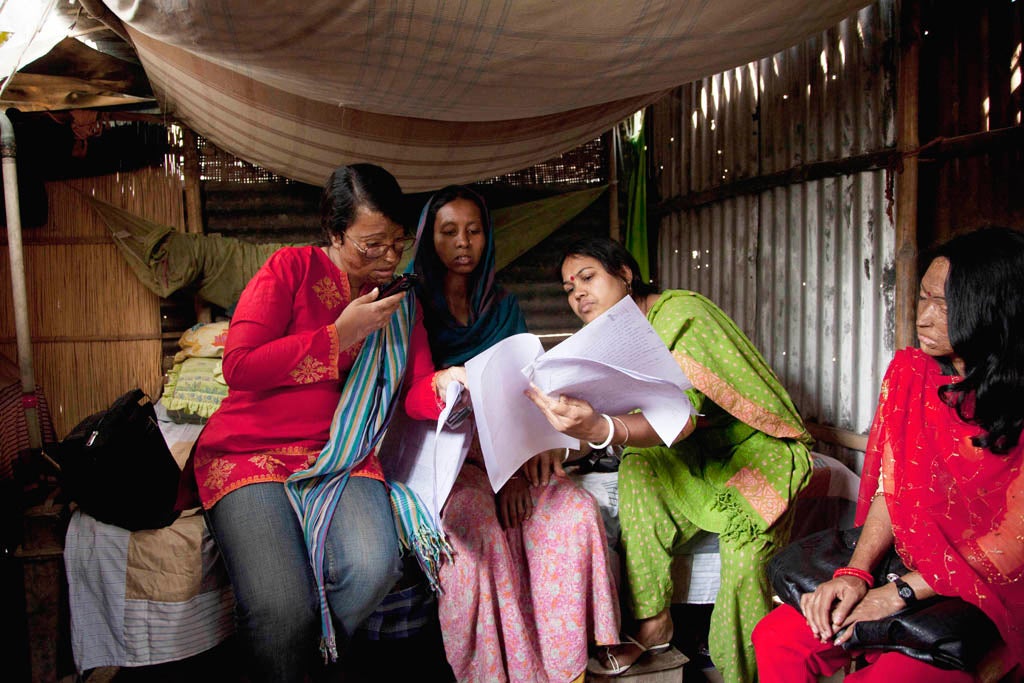The Government must do more to stop India's plague of acid attacks
Campaigners want the sale of acid to be regulated in future


Your support helps us to tell the story
From reproductive rights to climate change to Big Tech, The Independent is on the ground when the story is developing. Whether it's investigating the financials of Elon Musk's pro-Trump PAC or producing our latest documentary, 'The A Word', which shines a light on the American women fighting for reproductive rights, we know how important it is to parse out the facts from the messaging.
At such a critical moment in US history, we need reporters on the ground. Your donation allows us to keep sending journalists to speak to both sides of the story.
The Independent is trusted by Americans across the entire political spectrum. And unlike many other quality news outlets, we choose not to lock Americans out of our reporting and analysis with paywalls. We believe quality journalism should be available to everyone, paid for by those who can afford it.
Your support makes all the difference.One afternoon last month, when the temperature was touching 46C, six young women of extraordinary bravery sat beneath slowly whirring fans and talked about how acid had threatened to ruin their lives.
The women, all survivors of attacks involving acid thrown at them by young men, were present at the opening of a new shelter in the east of the city. The apartment has four bedrooms which can be made use of by women travelling to Delhi for medical treatment.
“This is only the second time I have felt able to speak in public,” said one of the women, Shaina, from the state of Uttar Pradesh. “I get the strength from my family. I get a lot of support from my family.”
It is estimated there may be as many as 1,000 acid attacks a year in India, incidents that can kill, maim and wreck the lives of the victims. These victims are almost invariably women and the perpetrators of the attacks are almost invariably young men, whose amorous or sexual advances have been spurned and who choose to “punish” the woman or girl in the most cruel manner.
Almost every day there is a story in the Indian papers of another such attack. Just last weekend, for instance, it was revealed that a 25-year-old nurse, Preeti Rathi, who was attacked with acid last month, had lost her fight for life.
And those who survive such attacks are confronted by challenges for the rest of their lives – a struggle to get medical treatment, discrimination and persecution and even rejection by their own families. One doctor in Delhi told me that a person could undergo more than 15 operations and still barely recognise themselves.
The resource centre in the east of Delhi had been established by Stop Acid Attacks, a recently-formed organisation that has been using social media to educate people about the problem and to raise funds for treatment and travel costs.
“This is just a temporary place. Lots of landlords do not want to rent us a property when they know what it is for,” said Alox Dixit, one of the group’s founders.
At the launch, a small group listened to the women and discussed the factors behind the attack. One man said part of the problem was that in India baby boys were spoiled by their parents and brought up to think they had right to dominate women, including their sisters.
“When these boys grow up, they think they think they are Gods,” said the man. “Then they go out into society and they still think they are Gods.”
Most of the acid that is used in the attacks is purchased with ease from ordinary shops. It is used for cleaning tools and machinery.
But campaigners say the government could do more to reduce the attacks by regulating the sale of acid, much in the way that its licences certain shops to the sale of alcohol
“The government is the one that has to regulate this. They have to be held responsible,” said Kamlesh Jain, a woman lawyer who is preparing to file suit in the Delhi courts. “Acid should only be sold to people who can prove they need it.”
Earlier this year, following the gang-rape and murder of a Delhi student, new legislation was passed, recognising acid-throwing within the Indian penal code and setting a punishment of 10 years imprisonment.
Yet, it seems nothing has been done to control the sale of acid. The Independent has for two months been seeking answers on this issue from India’s ministry of women and child development, which had been pushing for tougher penalties for acid throwers.
What is all the more alarming is that seven years ago, India’s highest court directed the government to take steps to prevent such attacks. In February, confronted by evidence that nothing had been done, the court declared: “We are not satisfied.”
Is anything going to change? In the aftermath of the death of Preeti Rathi, who had acid thrown at her as she climbed off a train, a minister in the home ministry, RR Patil, met with her parents and activists. He reportedly told them he would set up a committee to look into the issue of regulating acid sales.
Of course, I suspect that the establishment of more committees and more bureaucracy is not what they six young women I met want. They want someone to place themselves in their shoes. They want action.
Join our commenting forum
Join thought-provoking conversations, follow other Independent readers and see their replies
Comments